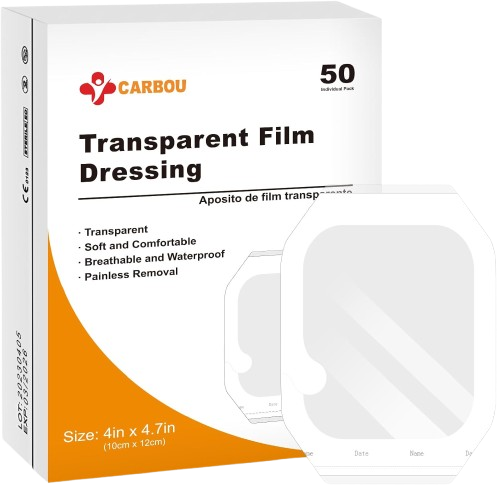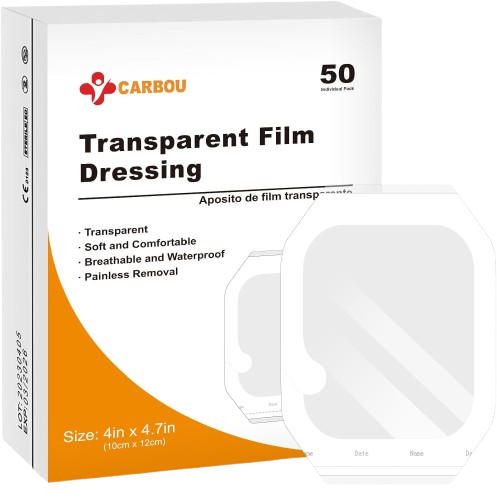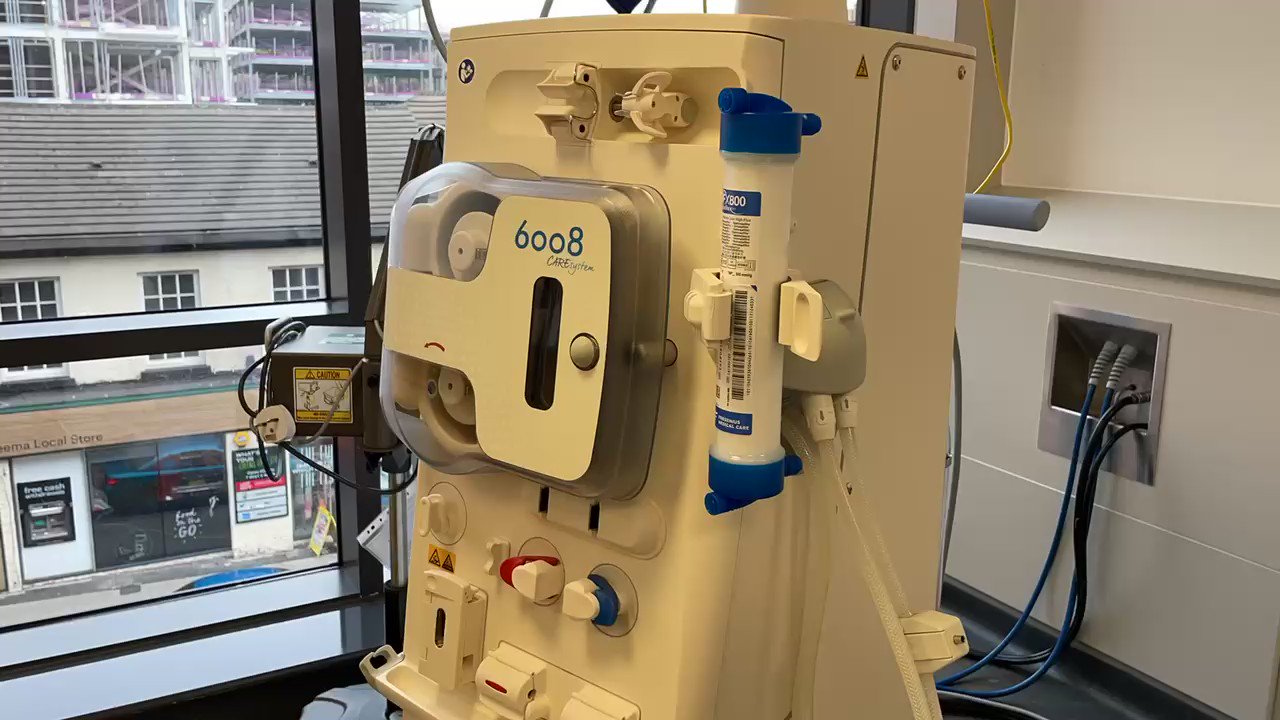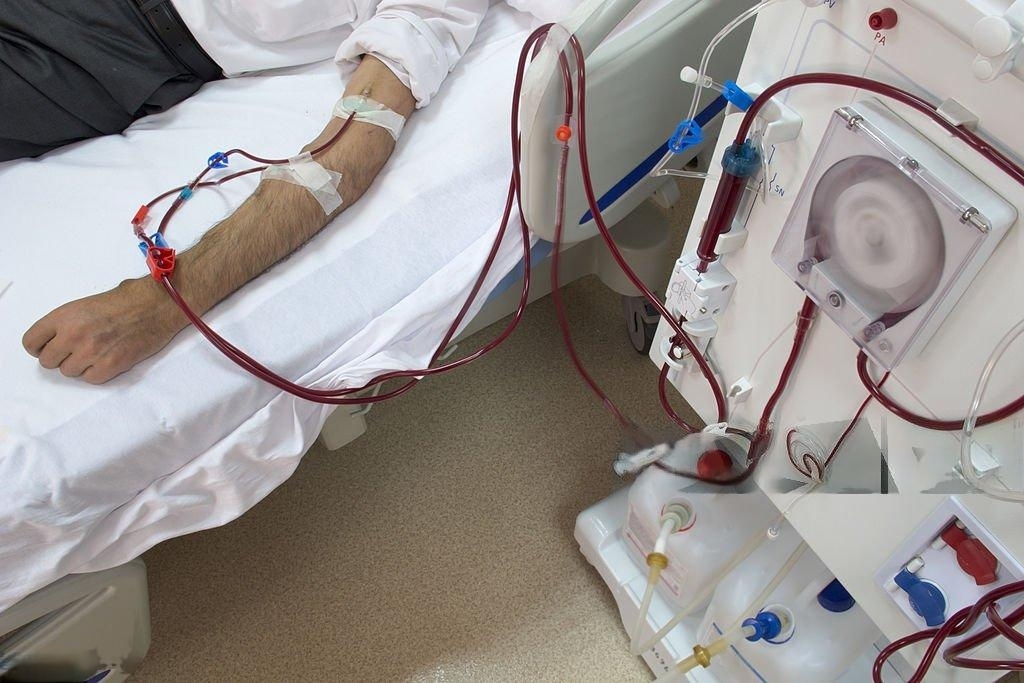Why Dialysis Patients Should Choose Sterile Transparent Film Dressings Over Plastic Wrap for Safety and Infection Prevention?
When managing a dialysis access site, maintaining sterility is critical to reducing the risk of infection. Some patients use food-grade plastic wrap to cover their access site after applying numbing cream, but this approach has limitations and potential risks compared to using sterile transparent film dressings. Here’s why using sterile film dressings is safer and more effective:

1. Infection Prevention
- Sterile Film Dressings: Designed specifically for medical use, sterile film dressings are processed under stringent conditions to ensure they are free of microorganisms. This protects the dialysis access site from potential contaminants, which is vital for preventing infections.
- Food Plastic Wrap: Although convenient, food plastic wrap is not sterile. It can introduce bacteria or other pathogens to the skin, posing an infection risk, especially for those with compromised immune systems or underlying conditions. Using plastic wrap directly over broken or sensitive skin near the cannulation site increases the likelihood of introducing contaminants into the bloodstream.
2. Breathability and Moisture Control
- Sterile Transparent Film: Medical-grade film dressings allow the skin to breathe, promoting air exchange and reducing moisture buildup. This balance helps maintain skin health and minimizes the risk of maceration (softening and breakdown of skin due to prolonged moisture).
- Plastic Wrap: Lacking breathability, food plastic wrap traps moisture against the skin. This can create a warm, damp environment, conducive to bacterial growth and skin irritation. Over time, moisture buildup can compromise the skin’s integrity, making it more susceptible to tears and infection.
3. Strong Adhesion and Flexibility
- Sterile Transparent Film: Medical-grade film dressings allow the skin to breathe, promoting air exchange and reducing moisture buildup. This balance helps maintain skin health and minimizes the risk of maceration (softening and breakdown of skin due to prolonged moisture)
- .Plastic Wrap: Lacking breathability, food plastic wrap traps moisture against the skin. This can create a warm, damp environment, conducive to bacterial growth and skin irritation. Over time, moisture buildup can compromise the skin’s integrity, making it more susceptible to tears and infection.
4. Easy Removal without Skin Damage
- Sterile Transparent Dressings: Clear film dressings provide easy visibility of the cannulation area without requiring removal. This is essential for promptly identifying signs of infection, redness, or other complications.
- Plastic Wrap: Its translucency does not allow for close monitoring of the skin underneath. This means any early signs of infection may go unnoticed until they worsen, requiring the wrap to be removed for regular checks.
5. Skin Health and Hypoallergenic Properties
- Medical Film Dressings: Formulated to be hypoallergenic, these dressings minimize the risk of skin reactions, making them a better choice for patients with sensitive skin or allergies. They also generally contain gentle adhesives that do not damage skin upon removal.Food Plastic Wrap: Not tested for use on human skin, food wrap may contain chemicals that can irritate or even damage sensitive skin around the access site. Prolonged use may increase the risk of irritation or chemical sensitivities, impacting skin health over time.
Conclusion
For dialysis patients, the priority is to protect the cannulation site from infection and maintain skin health. While food plastic wrap may seem like a convenient alternative, it does not provide the same level of sterility, moisture control, breathability, or safety as a sterile transparent film dressing. Using medical-grade, sterile dressings offers peace of mind and promotes better long-term health outcomes by protecting vulnerable skin and minimizing infection risks. Always consult your healthcare provider to ensure you’re using the best possible option for your individual needs.
Affiliate Disclosure & Cookie Notice
This webpage contains affiliate links, which means I may earn a small commission if you purchase through these links—at no additional cost to you. I promote products I believe in because my dad is in dialysis. Amazon, for example, will provide a small percentage for each sale made through my links.
By using this site, you agree to the use of cookies to enhance your browsing experience. These cookies are primarily used for tracking and improving our service. Thank you for your support!


